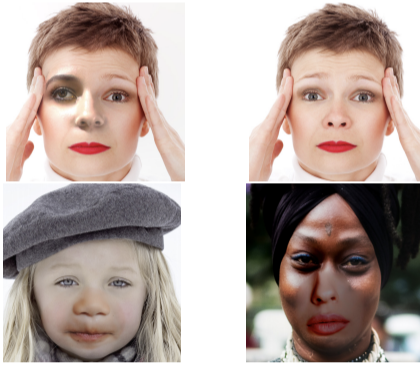Xinyu Hu
 |
Xinyu Hu in |
Research Interests
My research focuses on computational social science and data science. Primarily, I love delving into the beauty of mathematical theory (esp. geometry and number theory, the story about my favorite number can be found in 1729). On top of it, seeing their applications with learning algorithms in sociology, finance and education makes me excited and motivated to explore further.
I've worked in convex optimization, portfolio management and extreme value statistics. Over the years, I've also built my tech stack in high frequency computing (C++/C), WebDev (MERN), iOS (Swift), Data Science/Machine Learning (Python/R, Tableau/PowerBI, Tensorflow, PyTorch, PySpark), during my internships at universities and various European AI startups.
Research Experience
 |
Graduate Research Assistant, Stanford School of Engineering |
 |
Research Intern, Stanford Biomedical Data Science |
 |
Deep Learning Research Assistant, University of Michigan |
 |
Quantitiave Finance Research Assistant, Erasmus University Rotterdam |
Work Experience
 |
Data Science Intern, PayPal Global Data Science |
 |
Data Science & Engineering Developer, World Bank |
 |
Data Engineer Intern, Dashmote |
Selected Projects
 |
Transformers for Textual Reasoning and Question
Answering |
 |
Analysis of Fake Face Classifiers |
Skills
Languages: Simplified & Traditional Chinese (Native), English, Dutch
Programing Languages: C++, Python/R, JavaScript, MATLAB, Java, Swift
Tools: Spark, Torch, Tensorflow, Git, LaTeX
Interests
Sport: Hiking, Marathon, Brazilian Jiu-Jitsu
Book: Religion, European Politics, World War II, Sleep Architecture, Surrealism, Thai & Indian Culture
Drink: Black Coffee, Chai & Matcha Latte, Piña Colada, Mint Citrus Water
Others: Stargazing, Bartending, DJing, EDM Composition, Design